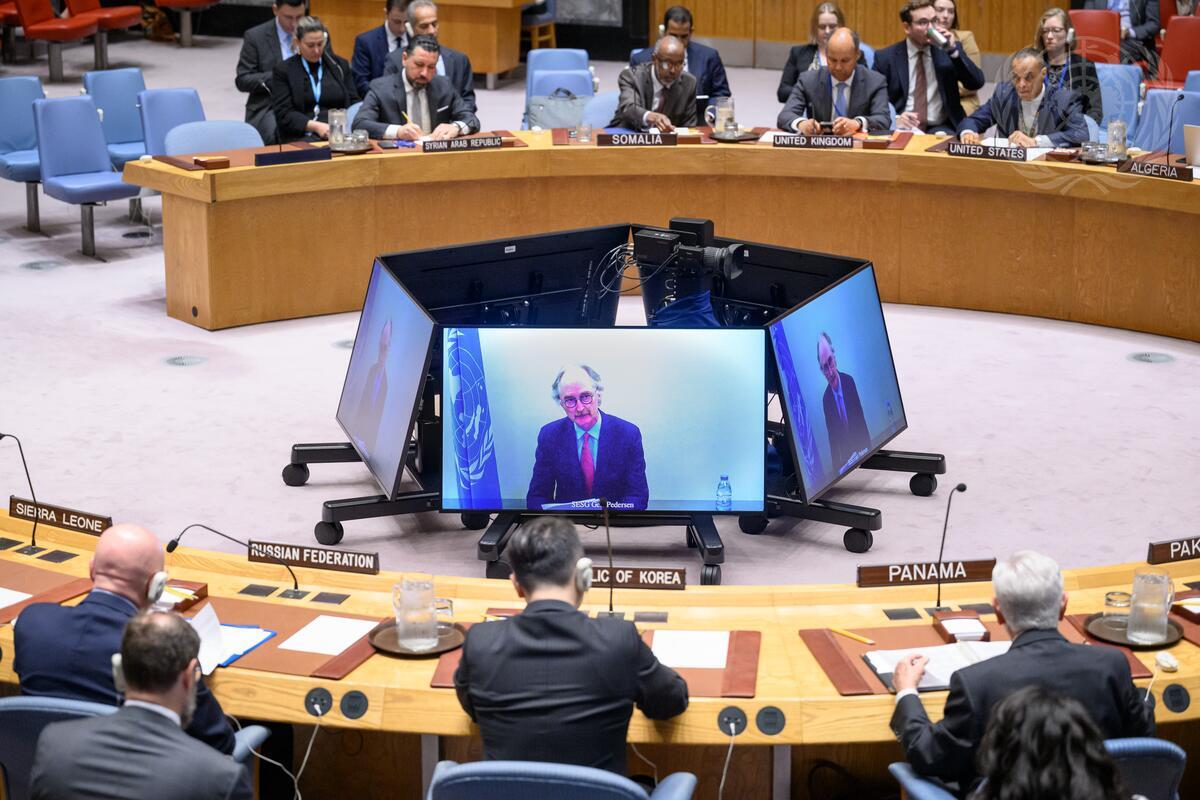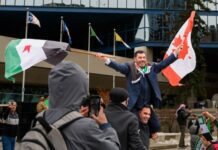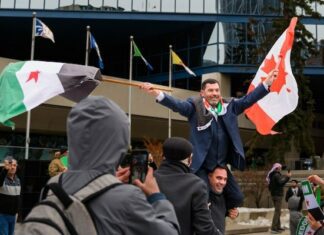
The UN Security Council convened Wednesday to address Syria’s deepening humanitarian crisis and fragile political transition, with international envoys urging urgent funding, regional cooperation, and an end to foreign military interference.
UN Special Envoy Geir Pedersen welcomed the lifting of US, EU, and UK sanctions as a turning point for Syria’s battered economy but warned that “the real dangers of renewed conflict and deeper fragmentation have not yet been overcome.”
The meeting came as Syria enters its third month under a transitional government formed after the decades long Assad dictatorship was toppled in December 2024 by a coalition of revolutionary forces. Pedersen cited fresh violence and incite around Alawite and Druze communities, warning that sectarian tensions and an ISIS resurgence could derail progress.
Humanitarian Needs at Critical Levels
Ramesh Rajasingham, director of the UN’s Office for the Coordination of Humanitarian Affairs (OCHA), said 90% of Syrians now live in extreme poverty and more than 16.5 million need urgent aid. Despite the return of more than a million displaced people since December, he stressed that the vast majority face “destroyed homes, poor services, and the threat of mines.”
Rajasingham reported that only 10% of the $2 billion appeal for Syria’s 2025 humanitarian response has been funded. He warned that gaps in funding have already forced the closure of dozens of vital facilities, including 40 protection centers and 20 safe spaces for women and girls.
Regional and International Backing Grows
Syria’s UN envoy, Qusay al-Dahhak, described the lifting of sanctions as a “qualitative shift,” crediting mediation by Saudi Arabia, Qatar, Turkey, and the UAE. He called for exceptional support to rebuild infrastructure and urged the Security Council to demand an end to Israeli airstrikes.
US Acting Representative John Kelly confirmed the US has begun issuing licenses for investment in Syria and is preparing to resume diplomatic ties. He praised Syria’s cooperation on dismantling chemical weapons and locating missing Americans, but outlined key expectations: peace with Israel via the Abraham Accords, expulsion of foreign fighters from within the Syrian army, and coordination with US forces on counterterrorism.
France and the UK also expressed support for Syria’s reintegration while emphasizing the need for inclusive governance and civil peace. French diplomat Guy Dharmadhikari welcomed Syria’s new transitional justice and missing persons committees as critical for long-term reconciliation.
Israel Condemned, Peace Urged
Multiple delegates condemned Israeli military actions inside Syria, including airstrikes near the presidential palace. Saudi Arabia and Qatar reaffirmed their support for Syria’s territorial integrity and reconstruction, with pledges to aid public sector salaries and energy infrastructure.
As Syria edges toward political stabilization, the Council’s consensus reflected cautious optimism—but also a sober recognition that fragile progress hinges on international solidarity and swift, sustained support.
“The Syrian people have endured for a long time, but they cannot continue this ordeal alone,” Rajasingham said. Pedersen added that the lifting of sanctions offers a rare diplomatic window: “There are clear opportunities, and they must be given priority.”








